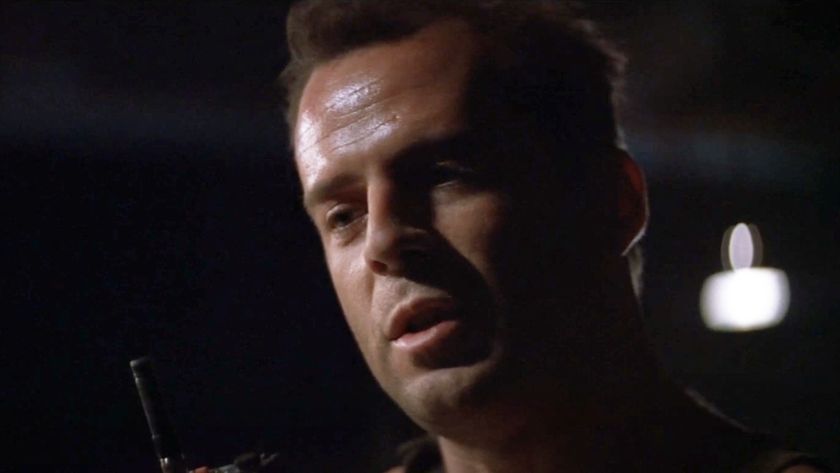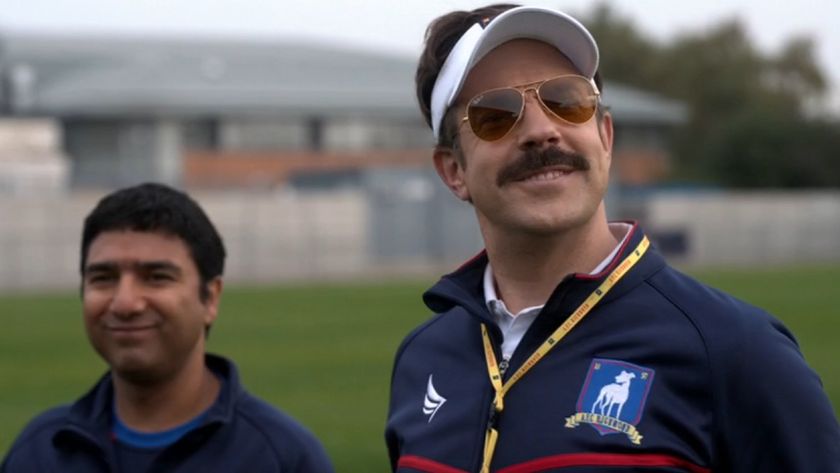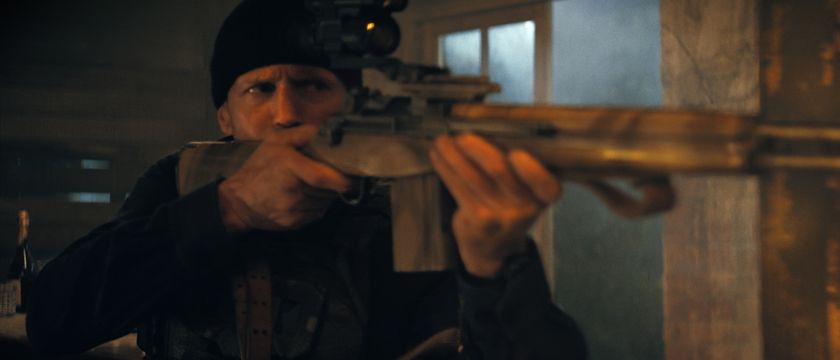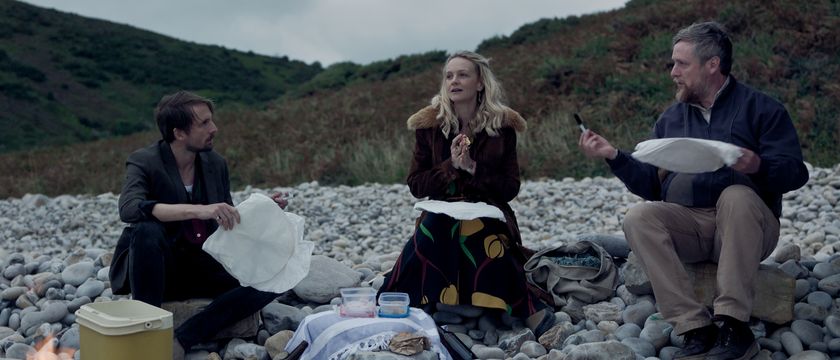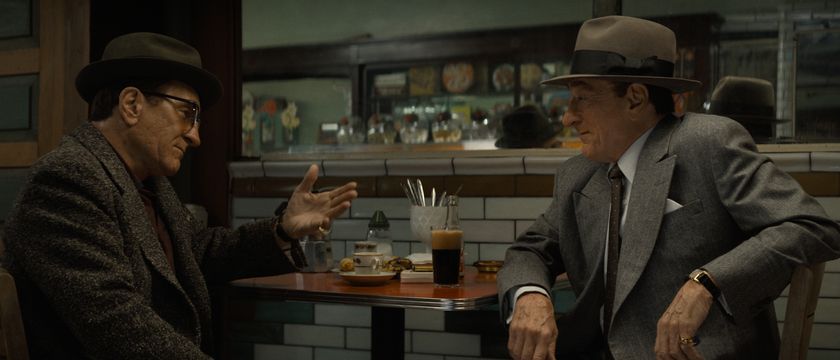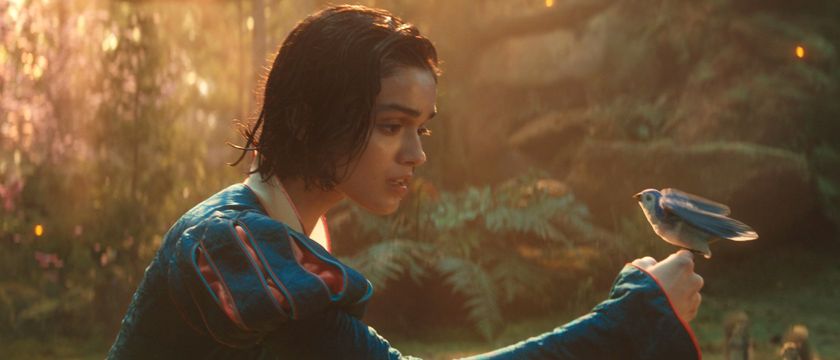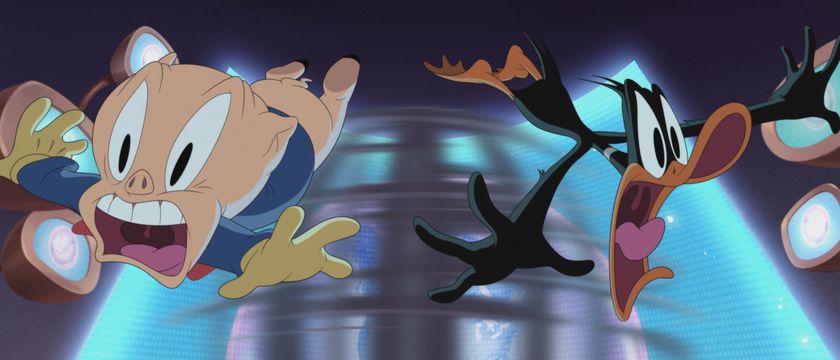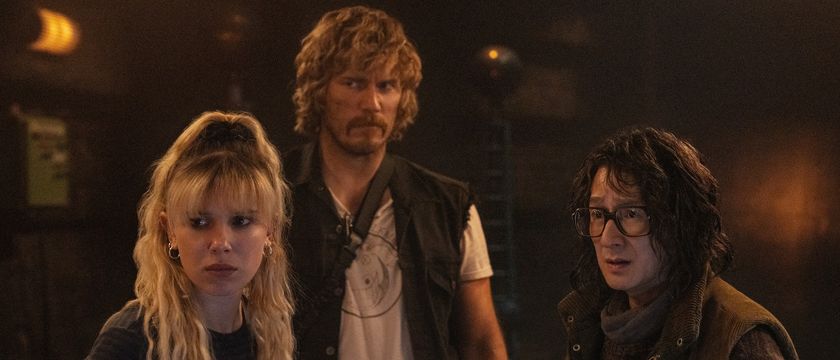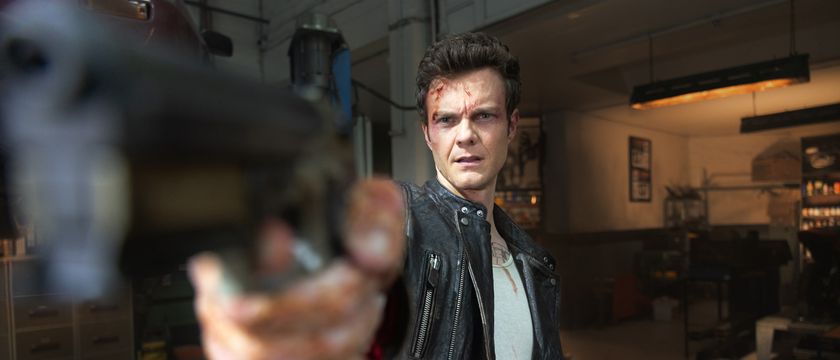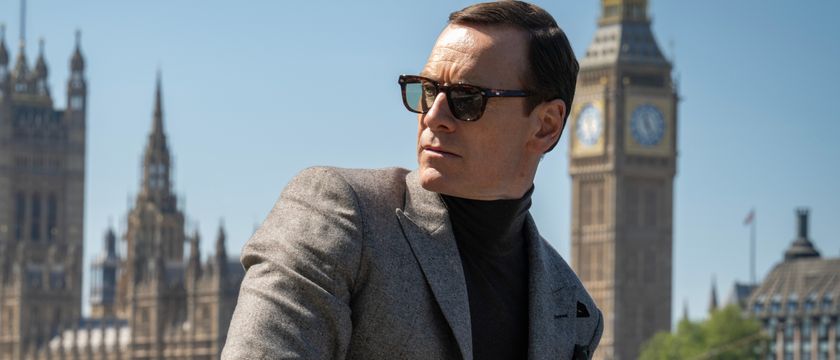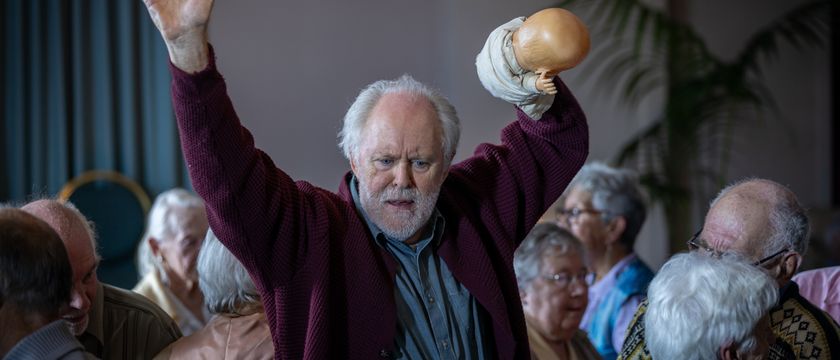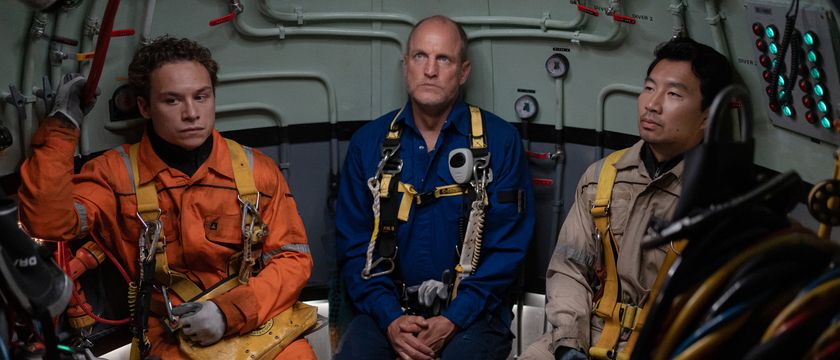What is it with Charles Dickens novels? Movie directors just can’t seem to stop making them into films. Every Christmas some yahoo reinvents “A Christmas Carol” (bless you Richard Donner for showing a little originality with Scrooged). There are at least a dozen versions of “Great Expectations” out there and around three times that many takes on “Oliver Twist”. If Dickens were still alive today and able to collect royalties the guy would make Bill Gates look like a street vendor. With all those versions and variations haunting the dwindling VHS sections of your local rental store it’s nice to occasionally come across one that sets a benchmark in quality and soul.
Roman Polanski’s take on Oliver Twist is by no means box office blockbuster material. Rather than try to rework the story to make it “accessible” to modern audiences and thereby render it tasteless and unrecognizable, Polanski lets Dickens do the storytelling. The plot keeps pretty much to the original novel and the characters are allowed to exist in their own right, brought to life by a very capable cast who are guided by an equally capable director. The final result isn’t the kind of movie that will appeal to die hard Michael Bay fans with fifteen minute attention spans. If you enjoy a good story with colorful characters, rich environments, and interesting cinematography then this is your film.
If you’ve never read or heard the story of Oliver Twist, sit down right now and write a letter to your high school principal telling them you want your parent’s tax money back. It’s a classic, popular Dickens tale that follows a well mannered, good natured young orphan boy in early 1800s England. After escaping a calloused orphanage life Oliver flees to London where he is taken in by the kindly but quirky Fagin and his ragtag bunch of street rats. The gang, Oliver discovers, makes their living picking pockets and intermingling with other members of London’s criminal element, a life Oliver isn’t interested in sharing. When a kindly old man of good standing in society takes the boy in, Oliver’s old friends are worried he’ll rat them out and decide to kidnap him back. The situation begins to spiral out of control when the malicious William Sikes gets involved, deciding to use the young boy as a means to rob the house of the man who rescued Oliver. The robbery turns sour, leading to more lies, desperation and murder.
The secret to Oliver Twist’s success is in the little details. Polanski has an eye for those nuances and his slavishness to it pays off for us, the audience. His supporting cast is absolutely enchanting. A traditional troupe of famous and unknown British actors, they relish every moment of their work and the result is a movie full of memorable, if brief performances. America seems to be short on good character actors, most of them end up relegated to stock parts on WB television shows. Britain has them in spades and they all turn out to give even the smallest roles in Oliver Twist a polished touch. They get most of the movie’s juicier comedic and satirical moments and they play them for all they’re worth with a clever wink-wink, nod-nod.
The leading cast members are no slouches either. Ben Kingsley finally recaptures his dignity as an actor after the trifecta of awfulness that was Thunderbirds, Suspect Zero, and A Sound of Thunder. His turn as the twitchy Fagin is cinematic gold and if he doesn’t get nominations for every major award out there it will be an outrage. Barney Clark does an adequate job as the young Oliver, capturing at least the friendliness and innocence of the character. He struggles a bit in the light of his acting superiors but comes through in the movie’s more emotional moments. The big surprise comes from relative unknown Leanne Rowe who absolutely steals the show. Her portrayal as Oliver’s guardian-angel-in-the-rough Nancy is captivating and she does a masterful job of keeping the story moving through some of its drier spots.
The attention to detail doesn’t stop with the cast. Polanski’s creative team has resurrected early 1800s England in all its grime and glory. Each frame of the film is so richly detailed that I felt absolutely absorbed into Dickens’ world. There’s a bit of caricaturizing going on in some of the movie’s more satirical moments, but it’s all part of the Dickens storytelling style. Everything from the lighting in the highest windows to the cobblestones on the street and every costume, extra and prop in between, blend together to form a perfect portal through which we see the world of Oliver Twist.
Pawel Edelman, the eye behind Ray and The Pianist gives Olvier Twist it’s final touch of visual perfection. He uses cinematography to convey more about the story than the actors themselves ever could, often times showing the world from a child’s point-of-view. There were moments where I wanted to freeze the movie and just sit there staring at the screen, taking it all in.
I was deeply enthralled by Polanski’s version of Oliver’s story, but I won’t deny that there are many who won’t be. The language and dialect are true to the period and the book, making them difficult for anyone who isn’t already familiar with them. As well, the pacing is simple and methodical, building to subtle dramatic moments and a touching but subdued finale…the kind of thing Americans traditionally loathe. Still the artistry is undeniable and the storytelling superb. While the same can’t be said for other versions of “Oliver Twist”, Dickens won’t be turning in his grave over this one.


